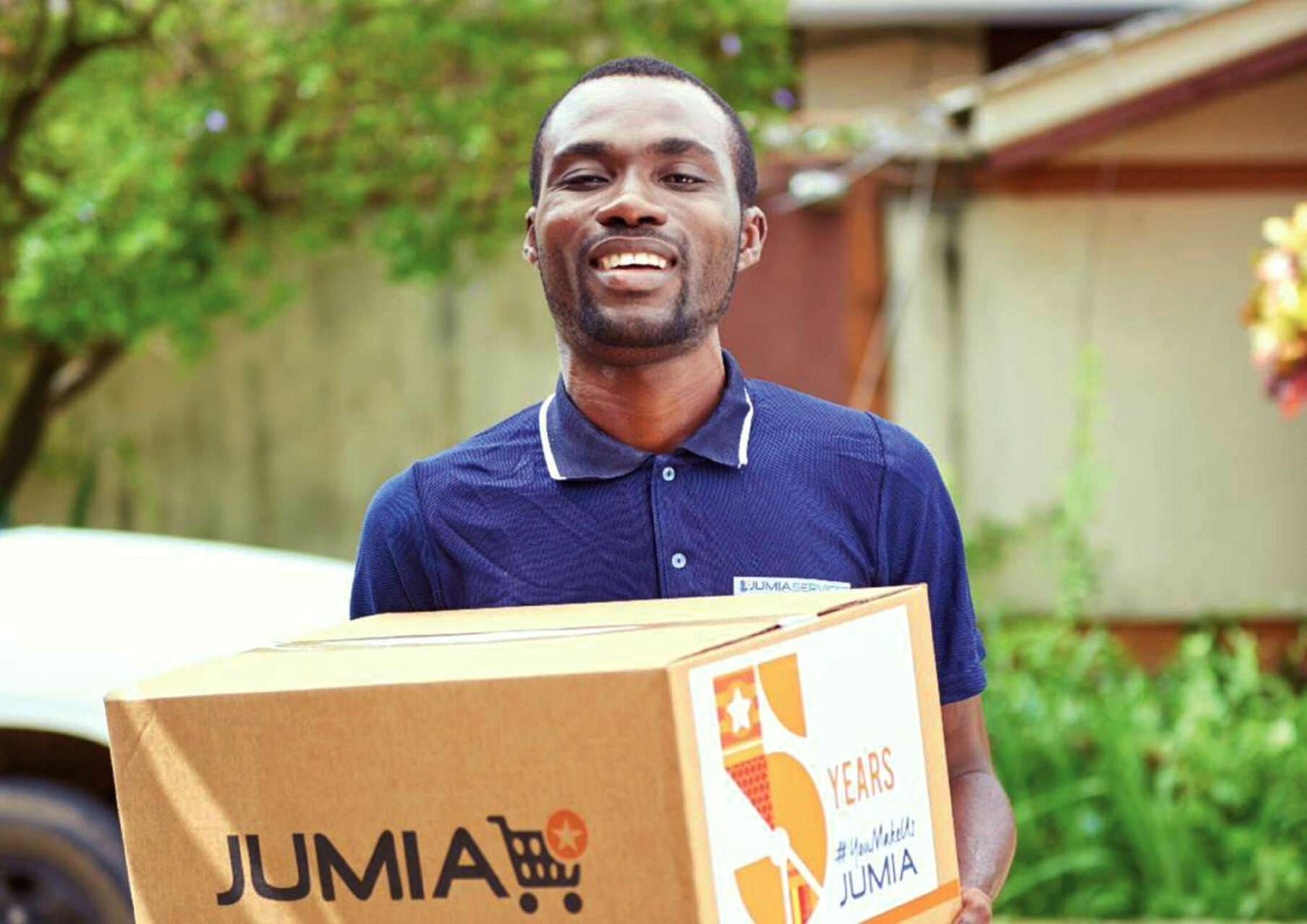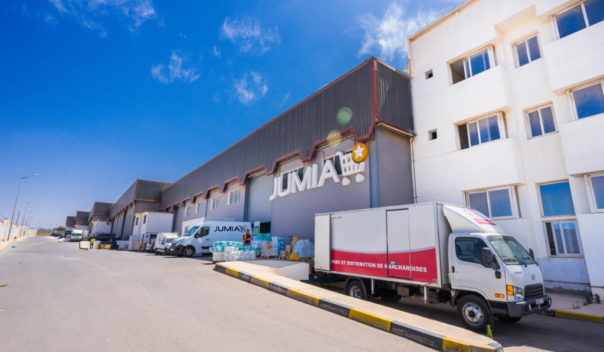The news
- Orders on Jumia dropped by 22% in 2023 owing to high inflation and currency depreciation in countries where it operates.
- The high inflation rate experienced by most African countries has eroded customers’ purchasing power.
- However, Jumia wants to focus on creating small agile teams and reducing advertising and marketing spend even more.
Francis Dufay, Jumia’s CEO, said in a statement to shareholders, “These have been challenging times for tech and retail businesses across the continent.”
The company saw orders decline by 22% — from 27.5 million in 2022 to 21.3 in 2023. In the same vein, the gross merchandise value dropped by 19.6% — $932 million in 2022 to $749.8 million in 2023.
Jumia’s revenue for 2023 also took an 8.3% hit compared to that of 2022.
It went from $203.3 million in 2022 to $186.6 million in 2023. Gross profit also dropped by 9.4% — $182.2 million to $107 million.
While the company recorded declines, Dufay said Jumia “closed 2023 in a much stronger position” position citing how loss before tax decreased to $98.6 million (2022: $206.2 million).
He said despite the economic situation of the countries Jumia operates, it embarked on a fundamental transformation that will strengthen its financials and build a foundation for a strong eCommerce business.
However, he admitted that the transformation brought some painful short-term impact.
One of these painful impacts is the shutdown of Jumia Food in Nigeria, Kenya, Morocco, Ivory Coast, Tunisia, Uganda, and Algeria.
Another is reducing excessive marketing practices, which Dufay said streamlined the company.
Dufay who became the CEO after the exit of former Co-CEO Jeremy Hodara and Sacha Poginonnec believes that the transformation the company has gone through will help it achieve growth in 2024.
From scrapping products to layoffs, the company will now focus on two things, creating small agile teams and reducing advertising and marketing spending even more.
Dufy explained that there is a lot of demand from African customers, but the demand has been met by inconsistent supply and prices. Therefore, the company is committed to “working closely with local sellers, global brands, and international sellers,” to build a strong supply.











